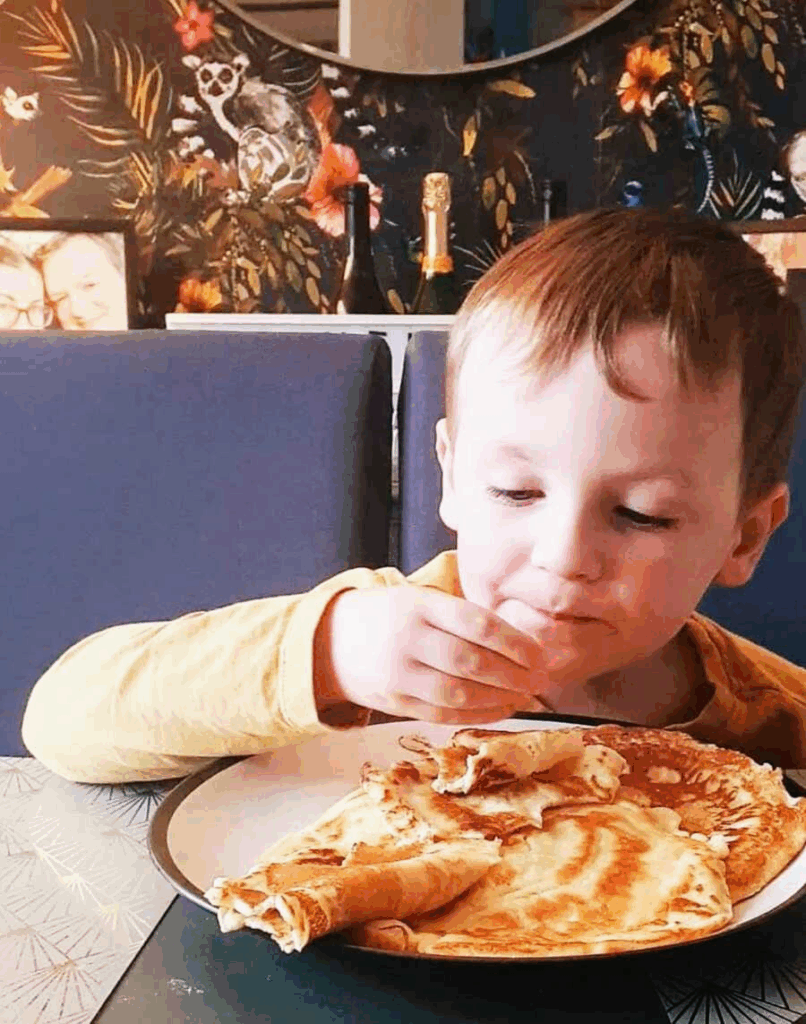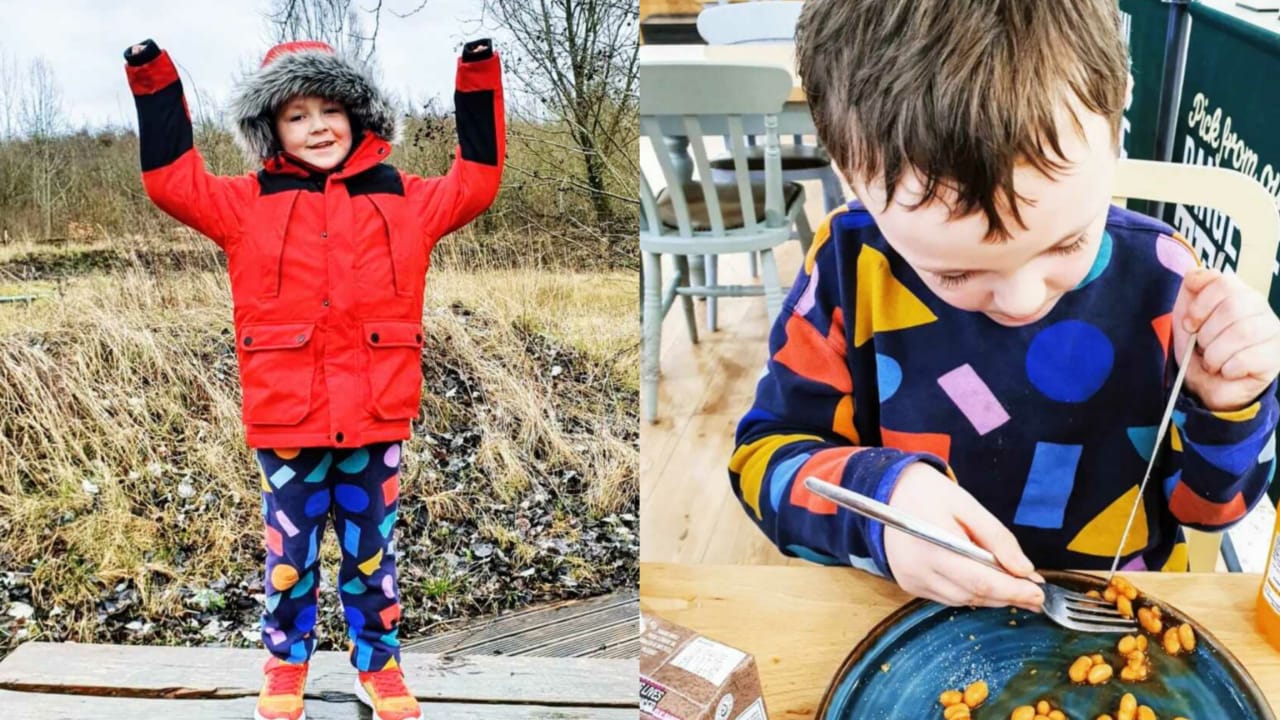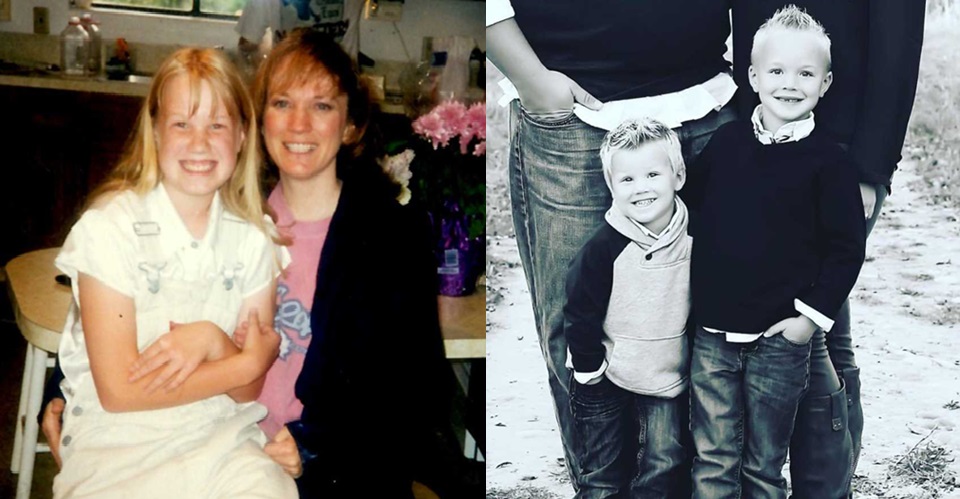My name is Katie, and I live in the UK with my husband, Toby, and our little whirlwind of a son, Max. We’re a noisy, happy, neurodiverse family, and food is one of the biggest parts of our daily life. I want to share a bit about our journey with what are often called “same” or “safe” foods, because I know how many parents out there worry if their child is eating enough or eating the “right” things.

I should mention quickly that in our family, we prefer identity-first language. We say “autistic,” not “has autism.” Research shows that many in the autistic community prefer it this way, and it’s how we talk about ourselves. But if you prefer person-first, that’s completely fine too.

Our son Max is autistic, and he also has Global Developmental Delay and two different speech conditions. He’s the brightest light in our lives, full of joy, but also full of challenges that keep us learning every day. I’m autistic too, with my own quirks and needs, and Toby is currently waiting for his adult assessment. Between the three of us, we’re like a rainbow patchwork of different traits, support needs, and personalities. Max does need a lot more support than we do, which is understandable given his additional conditions, but he teaches us more about patience, creativity, and love than we could have imagined.

When I started sharing our family’s life on Instagram (@madness.to.the.max), I didn’t expect the flood of questions from other parents. People would ask: Is my child eating enough? Will they grow well? How do I help them without making mealtimes miserable? These worries are so common, and that’s why I want to share what has worked for us.
So, how does autism affect food? The short answer is: it depends. Many autistic people have strong sensory aversions certain textures, tastes, or smells can be overwhelming. Sometimes food difficulties are linked to another condition called ARFID (Avoidant Restrictive Food Intake Disorder), though that’s less common and more severe. Some people also talk about Sensory Processing Disorder. Whether or not doctors treat it as a separate condition, sensory challenges often play a big role in how autistic people relate to food.

This is where “safe foods” come in. The best way I can describe them is: they’re foods we can rely on. Foods that don’t change. Foods that won’t suddenly surprise us with a new taste or texture. Think of a cracker versus a berry. Berries can be sweet, sour, mushy, firm you never really know. But a cracker? It’s the same every time. That’s why Max clings to a few safe foods: potato waffles, baked beans, and breaded proteins. They’re predictable, and he trusts them.
The hard part is when his usual brand isn’t available. Even the smallest change in flavor or texture can trigger gagging, choking, or even vomiting. It can be heartbreaking, and stressful too, especially when you just want your child to eat.
Over time, we’ve picked up a few lessons: First, understand that it isn’t fussiness. If Max refuses food, it’s not about being naughty or picky it’s about his senses being overwhelmed. Second, don’t force it. Telling a child to “eat or go hungry” doesn’t work when the issue is sensory. Instead, we focus on keeping him fed, even if it means chicken nuggets again. We give him a multivitamin disguised as a sweet, involve him in cooking, and celebrate even the smallest steps, like when he tried a strawberry on his own terms.
Preparation also matters. Safe foods can suddenly go out of stock, or packaging can change in a way that throws everything off. We’ve learned to stock up in bulk and have backup options just in case. And we’ve learned to look at possible medical factors too reflux, low muscle tone, or even enlarged tonsils can all contribute to difficulties with eating.

Most importantly, we’ve learned to stay positive. Max is thriving. He’s full of energy, growing well, and lighting up every room he enters. Our pediatrician reassured us that as long as he’s healthy and getting his vitamins, we’re doing just fine.
To any parent worrying about their autistic child’s eating: you’re not alone. It’s not easy, but you’re doing a wonderful job. Don’t be afraid to seek support, whether from doctors, dieticians, or even financial help that exists to ease the extra challenges. There’s no shame in it.
This is our journey. It’s messy, it’s imperfect, but it’s full of love. And if sharing it makes one other parent feel seen and less alone, then it’s worth every word.











